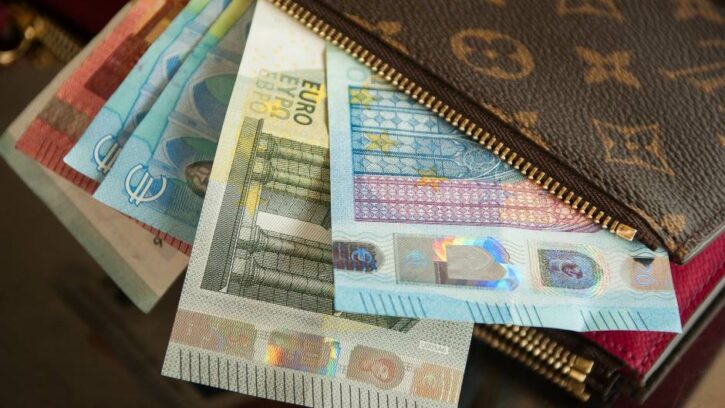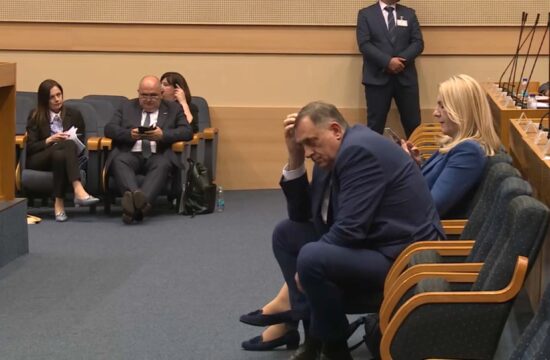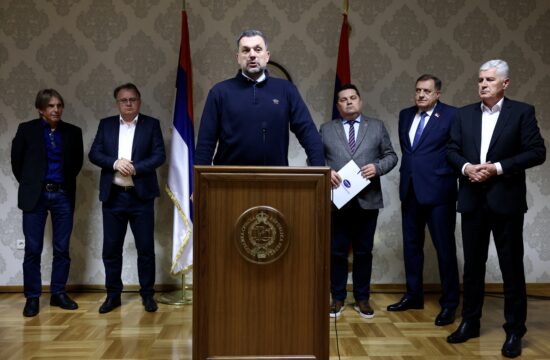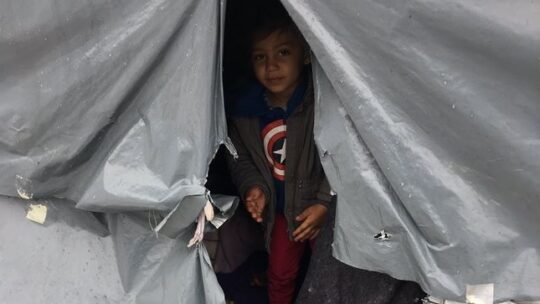
Prime Minister of Denmark, Mette Frederiksen, who represents one of the four countries which are opposed to the increase of EU's multi-year budget, said on Friday morning that it seemed unlikely that the leaders of the bloc's 27 member countries would reach an agreement this weekend.
Austria, Denmark, the Netherlands, and Sweden are all opposed to the proposal that the European Union's 2021-27 budget – intended to fund green and digital economy projects across the continent – should not amount to more than 1 percent of the member states’ national income.
The four countries, nicknamed Frugal Four, are net payers into the EU's budget, while others, including Croatia, are net beneficiaries of the EU budget. Reaching a compromise between demands for budget cuts by wealthy countries of western Europe and the demands from less developed regions of the bloc is proving to be a monumental task.
The President of the EU Council, Charles Michel of Belgium, held meetings with leaders of all 27 EU countries in Brussels on Thursday night, and has proposed a draft budget worth 1.074 percent of EU's gross national income. The European Commission is asking for a 1.110 percent while the European Parliament wants 1.300 percent.
On Friday, Frederiksen told reporters in Brussels that she won't budge, and that reaching a consensus agreement on the new €1 trillion budget still seemed far away.
“I’m willing to stay, and I’m prepared to stay the whole weekend. But no, I don’t think we’re going to reach an agreement,” Frederiksen said, and added that a new summit may be needed, probably in March.
The 1 percent maximum that the Frugal Four, supported by Germany, would be willing to accept would translate to €75 billion less than Michel's latest draft, which totals some €1.095 trillion.
These five countries are at odds with Friends of Cohesion, a group of central and eastern European countries, including Croatia, who are fighting to keep the level of the so-called cohesion funding, which is the money used for development projects in poorer regions of the EU, from Portugal to Bulgaria.
The tense negotiations come in the wake of Britain's exit from the European Union, which left a €75 billion hole in the EU budget over the next seven years.
A new meeting of EU leaders intended to resolve the stalemate has been scheduled for Friday noon.
Follow N1 via mobile apps for Android | iPhone/iPad | Windows| and social media on Twitter | Facebook.




